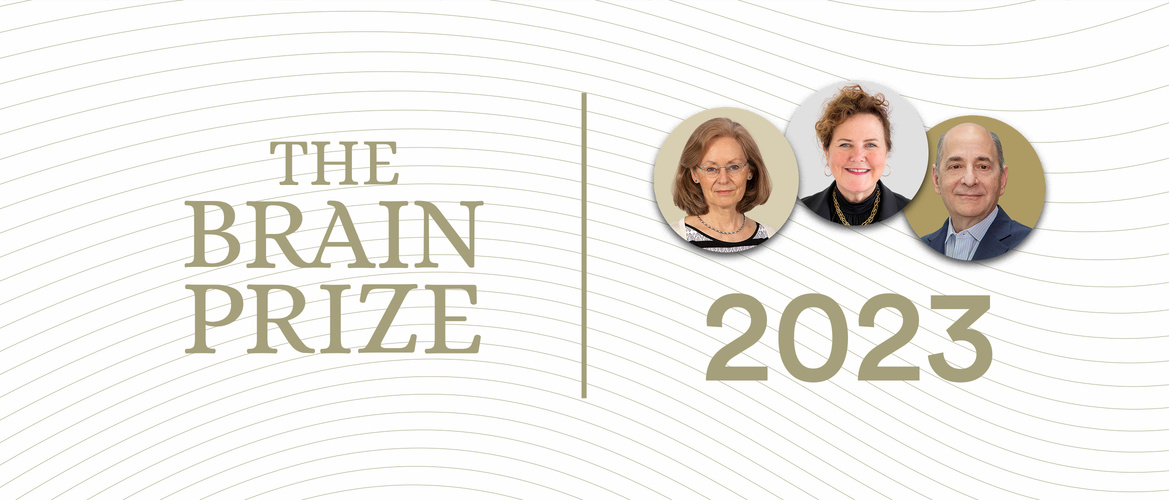
Choose a channel
Check out the different Progress in Mind content channels.

Progress in Mind

Research on the regulation of proteins that underpin brain development and plasticity has won Professors Michael Greenberg, Christine Holt and Erin Schuman the world’s top neuroscience prize. Their pioneering work on molecular mechanisms helps us better understand how healthy brain function is maintained and casts light on the etiology of developmental and degenerative disorders.
The cellular and molecular mechanisms that guide growing axons and enable the brain to mature — and to be shaped by experience — involve activity-dependent gene transcription and the local translation of mRNA into new proteins in different neuronal compartments.
For the brain to respond to experience, its proteome must be regulated in space and time
To acknowledge the pioneering understanding of these processes gained by Professors Michael Greenberg (Harvard Medical School, Boston, USA), Christine Holt (University of Cambridge, UK) and Erin Schuman (Max Planck Institute for Brain Research, Frankfurt am Main, Germany),1-3 the Lundbeck Foundation has awarded the 2023 Brain Prize to this trio of internationally renowned researchers.
Establishing neural connections during development and when adapting to experiences in adulthood requires brain circuits to be remodeled and maintained, explained Professor Richard Morris (University of Edinburgh, Scotland, UK), Chair of The Brain Prize Selection Committee.
From fundamental discoveries to therapy
This year’s Brain Prize winners have revealed how this fundamental feature of brain function is mediated at the molecular level. They help us understand how the molecular machinery needed for cells to do their job is in the right place at the right time.
We now understand better how protein synthesis is triggered in different parts of the neuron
Responding to the Award, the Prize recipients paid tribute to the invaluable role played by their co-workers and by each other, while Richard Morris explained their individual contributions in greater detail4:
The €1.3 million Brain Prize is the world’s largest in neuroscience
Celebrating outstanding science
First awarded in 2011, the annual Brain Prize is worth €1.3 million. It recognizes original and influential advances in any area of brain research, from basic neuroscience to clinical applications. Recipients now comprise 44 scientists from nine different countries. They are chosen by a selection committee of nine leading neuroscientists from all over the world.
Past prizes have been awarded for progress in diverse areas including movement circuitry, the causes and treatment of migraine, the genetic and molecular basis of Alzheimer’s disease, the use of two-photon microscopy to provide dynamic images of activity in individual nerve cells, and fundamental brain mechanisms that link learning to reward. Winners receive the prize from His Royal Highness the Crown Prince of Denmark at a ceremony in Copenhagen.
The prize celebrates outstanding scientists. It is also an opportunity for them to explain their work to their peers and to engage the wider public in a deeper understanding of the importance, challenges and achievements of brain research.
Following the award, recipients engage in a series of seminars, lectures, and conferences organized by the Lundbeck Foundation. It is part of a process that acknowledges present achievements while inspiring new generations of researchers to pursue those of the future.
Our correspondent’s highlights from the symposium are meant as a fair representation of the scientific content presented. The views and opinions expressed on this page do not necessarily reflect those of Lundbeck.